Last Friday was the first day of Baby Loss Awareness Week and I shared this story. I didn't want to let this opportunity go without dedicating a post about why I think this is a feminist issue.
Like many things that happen to women, to a lot of women, there is not enough information. We are told to hide our news for the first 12 weeks in case something happens (and it does happen in 1 in 4 pregnancies) and we can then pretend that nothing happened. We can choose to keep our pain in the house, we can choose to cry alone. I am sure that most of us only find how common this is only when it has happened to us.
Nothing will take away the pain of losing a pregnancy, nothing will change the fact that you had hopes and expectations, plans and dreams and they feel stolen. I don't think you can't describe the emptiness on the way home from the hospital, the world stopping a little bit and getting blurry while the reality hits you in the face. Nothing will change that, but we also have a sense of normality stolen from us - the space and tools to deal with it, a more welcoming social response.
After the miscarriage I felt lonely, I ended up having to call close friends to let them know that I was pregnant but that I had lost it. I was advised to move on, and (un)comforted with unrequested optimistic stories about similar cases and well intentioned comments about my youth.
I was expected to be happy about other people's pregnancies and hide my own pain. But I didn't, and I just felt my pain was making the others uncomfortable and my sadness was taking so much space. The world was telling me to deal with it in a more palatable way for everyone else, to be the big person, to assume that is normal and keep trying, to keep smiling.
When I got pregnant again I told people, I learnt not to hide it for 12 weeks like something fragile that needed protection. I understood that me enjoying the pregnancy could not affect what was happening inside me. I decided to screw the 12 weeks rule because unsurprisingly my previous experience with silence didn't make anything more bearable. I told people close to me because if something happened again I wanted to at least enjoy the good parts with my friends and family, I wanted the smiles, and the hugs and the celebration, not a shortcut to the part with the tears and not knowing what to say.
I am very honest, I am brutally honest, that is who I am. I have spoken here about mental health, eating disorders, motherhood reality, unwanted sex... I live my life talking about the things that I am told not to speak about, because they are the ones that need more awareness, they are the ones in which words and vulnerability can go long way.
Once I started talking about my miscarriage it opened the space to hear other stories, I saw myself in other people's pain, I understood that the way we cope with things is so different but there is always so much respect and kindness for each other. I found women grieving my grief, and wishing they could take away my pain when they were carrying their own, we admired each other's strength and that allowed us to appreciate our own. I have felt their stories inside me with an empathy that 3 in 4 can't.
Every time I have had one of those conversations we were saying to each other "I get it". It doesn't matter how different our struggle was, we got it, and that is priceless. That is another moment of my life in which sisterhood has proven to be extremely powerful.
We can't take away the pain - and that is ok, this is not a prevention campaign -but the awareness would help to normalise it, will help to create more safe spaces to be heard and seen, and hopefully will spark conversations so we can all learn how to support that one in four, letting their pain have some space even if it is uncomfortable for the rest. And that too is feminism.

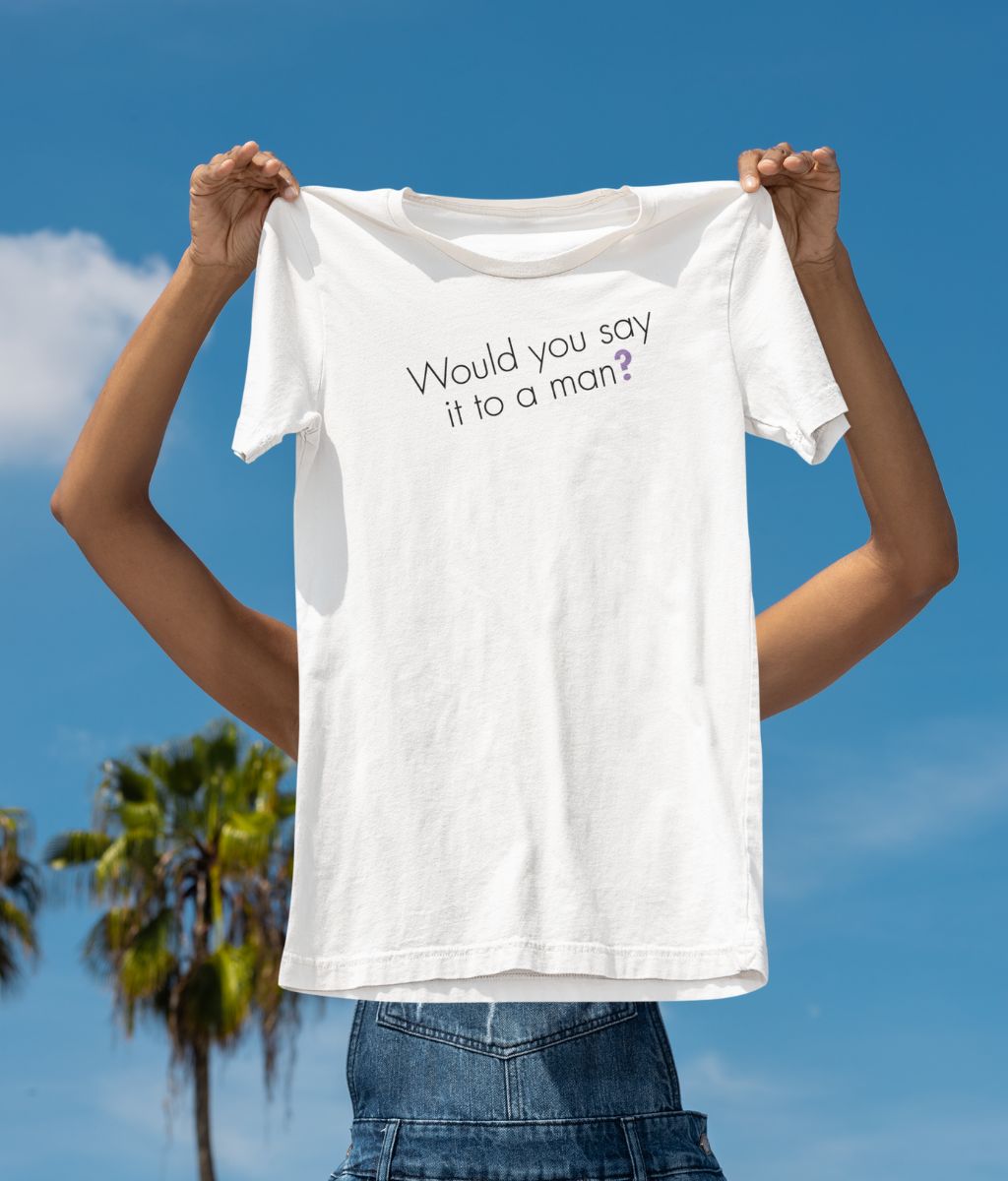
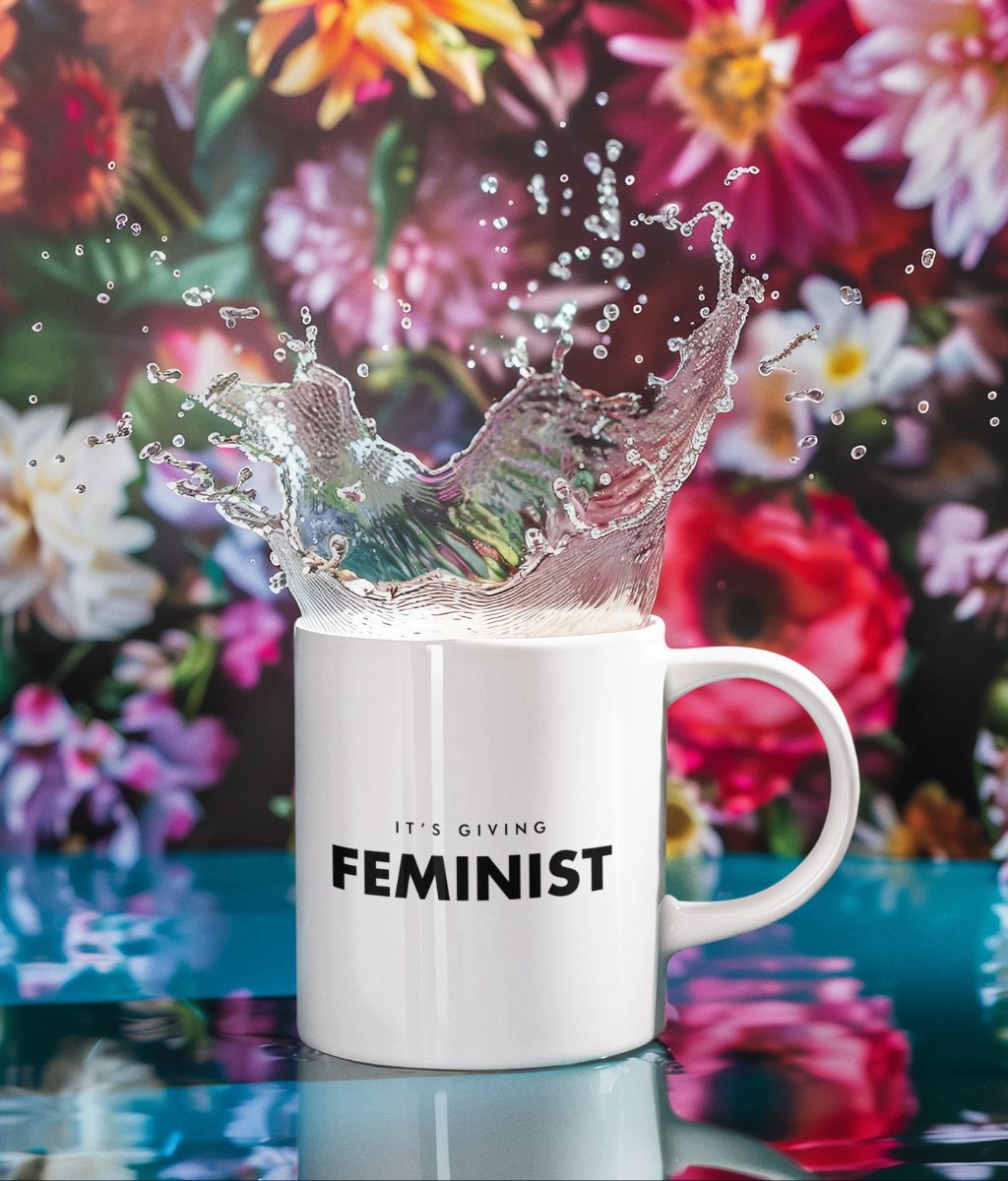

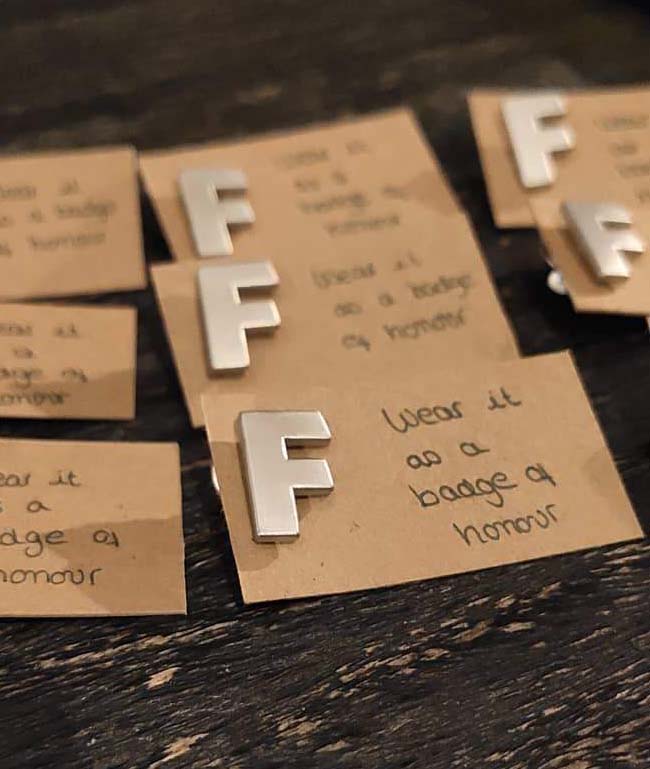
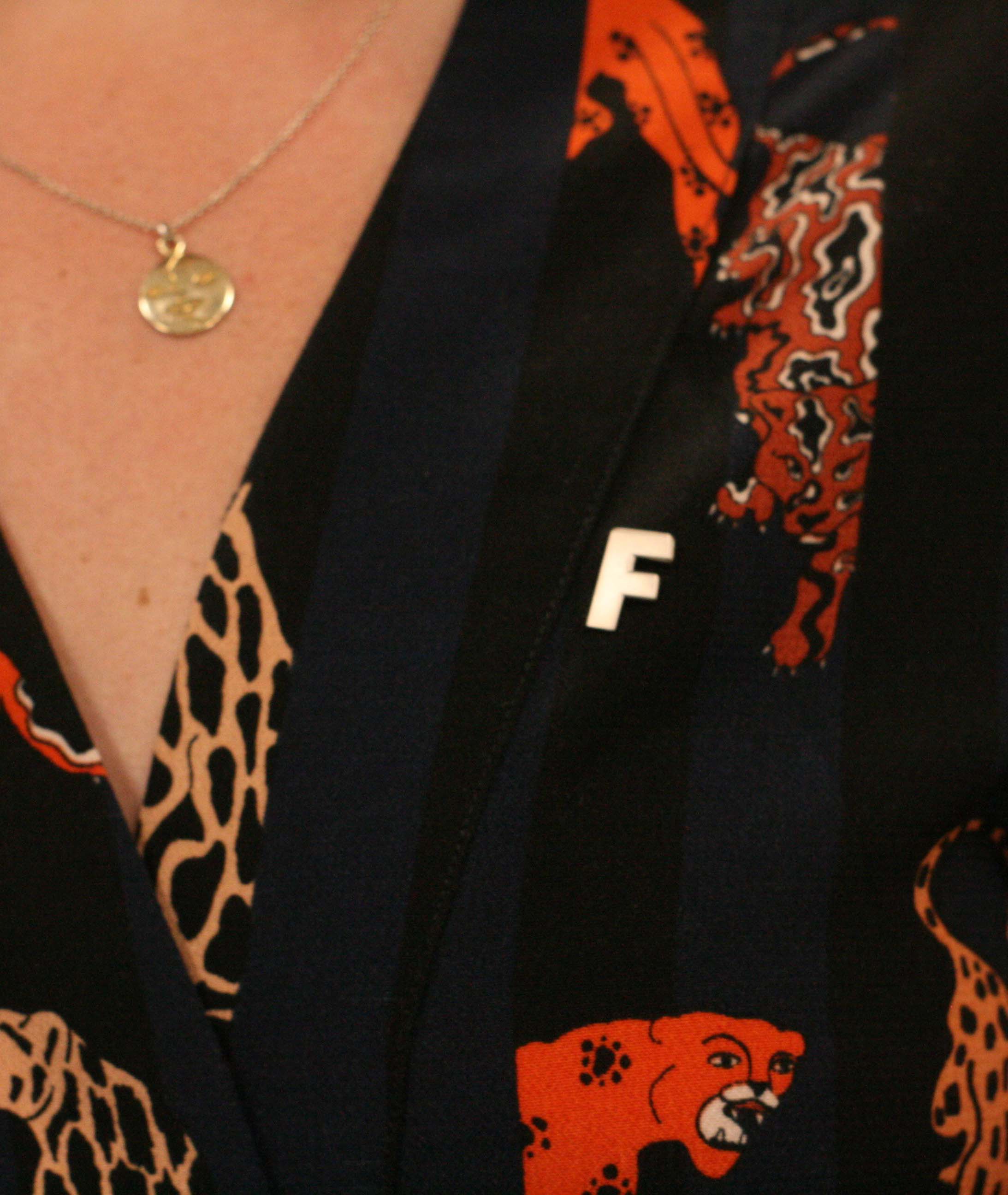
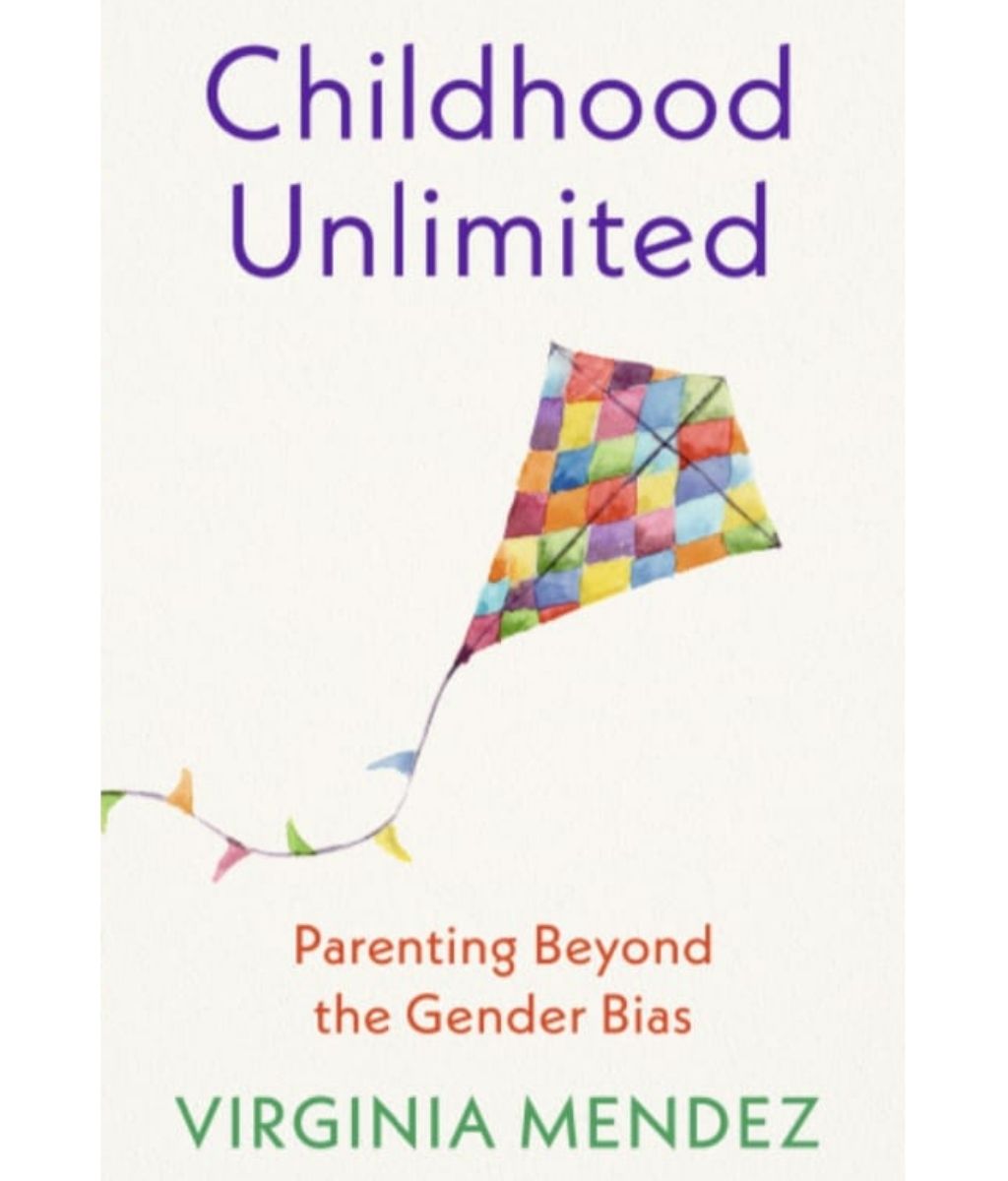
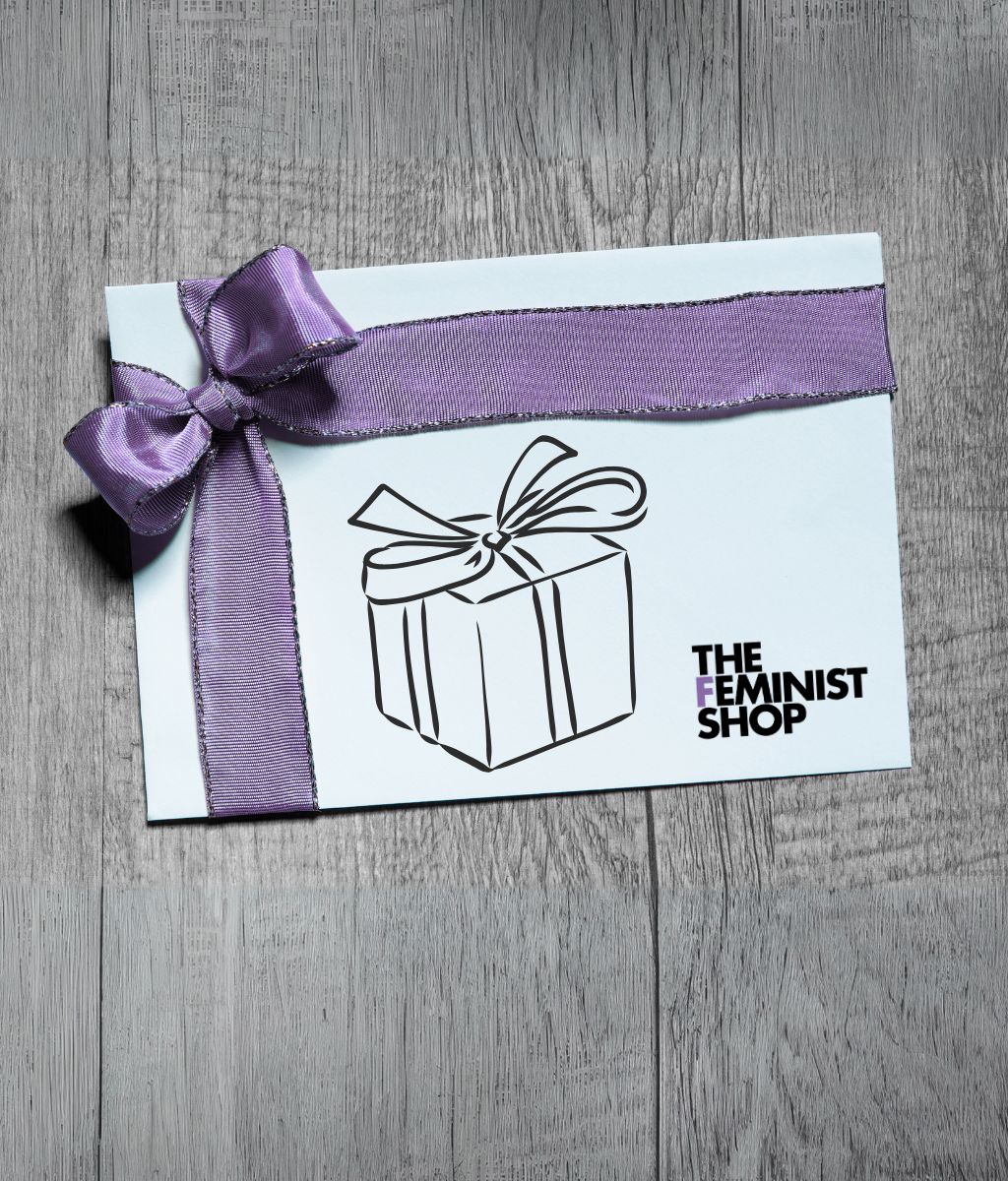
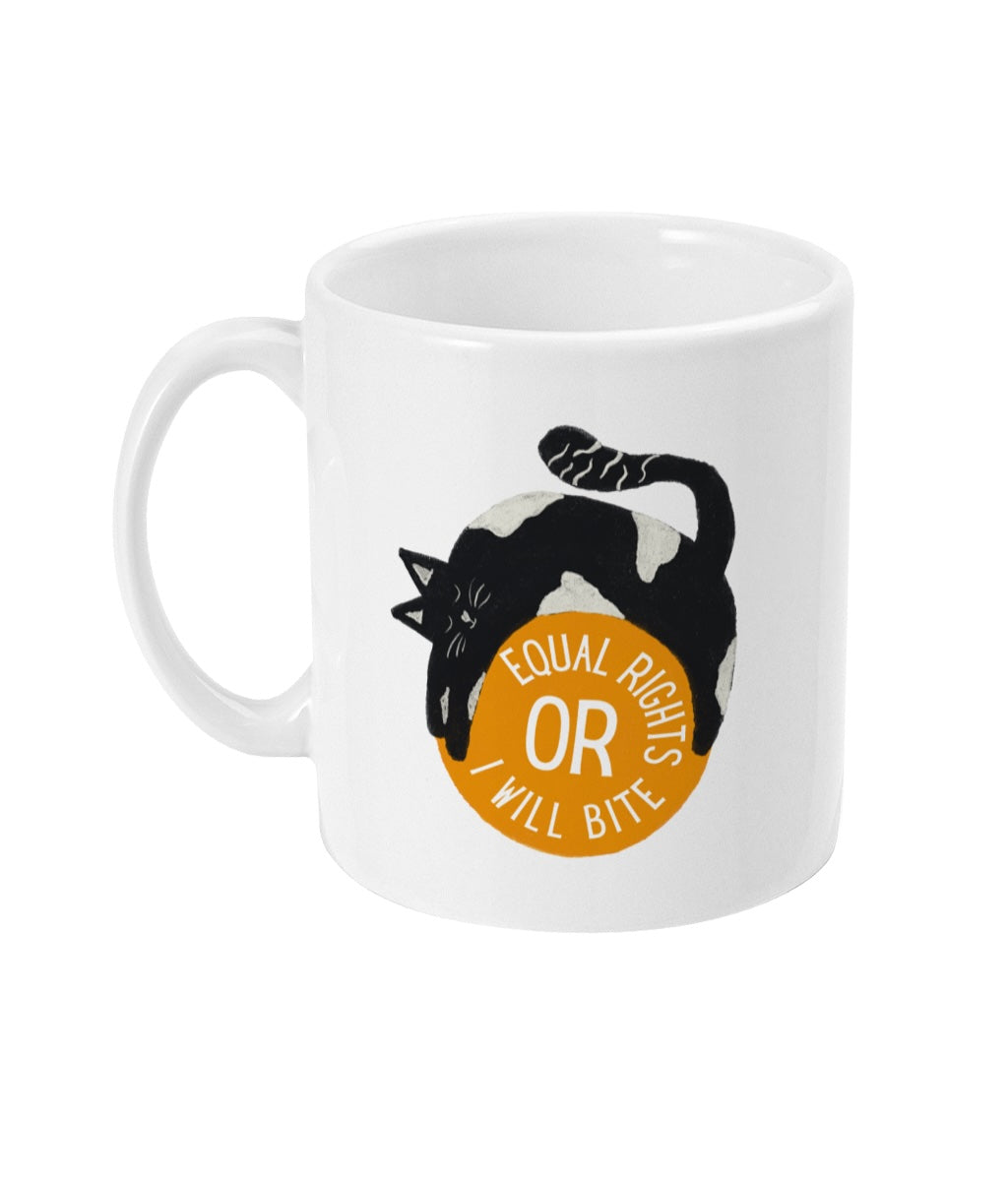
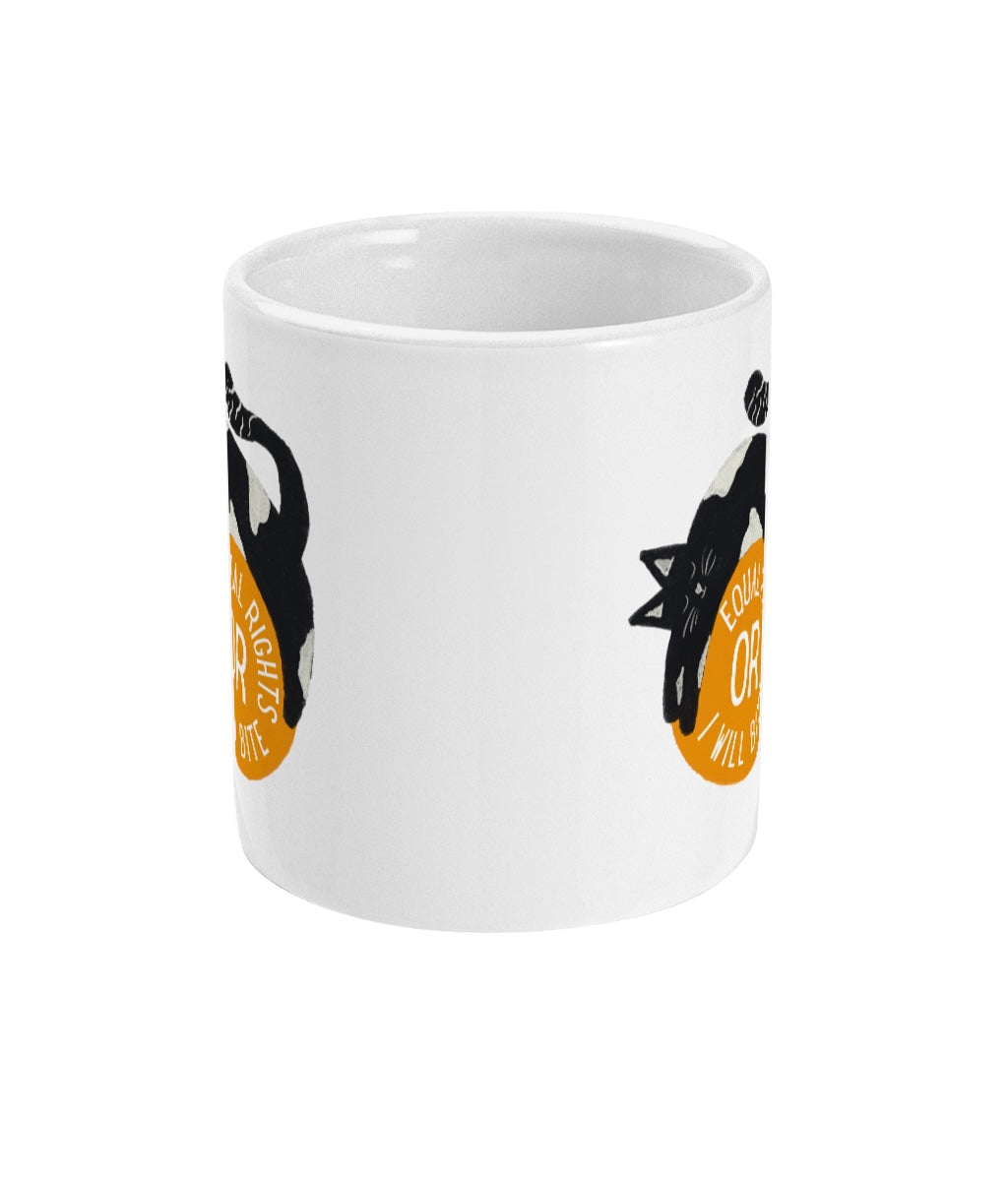
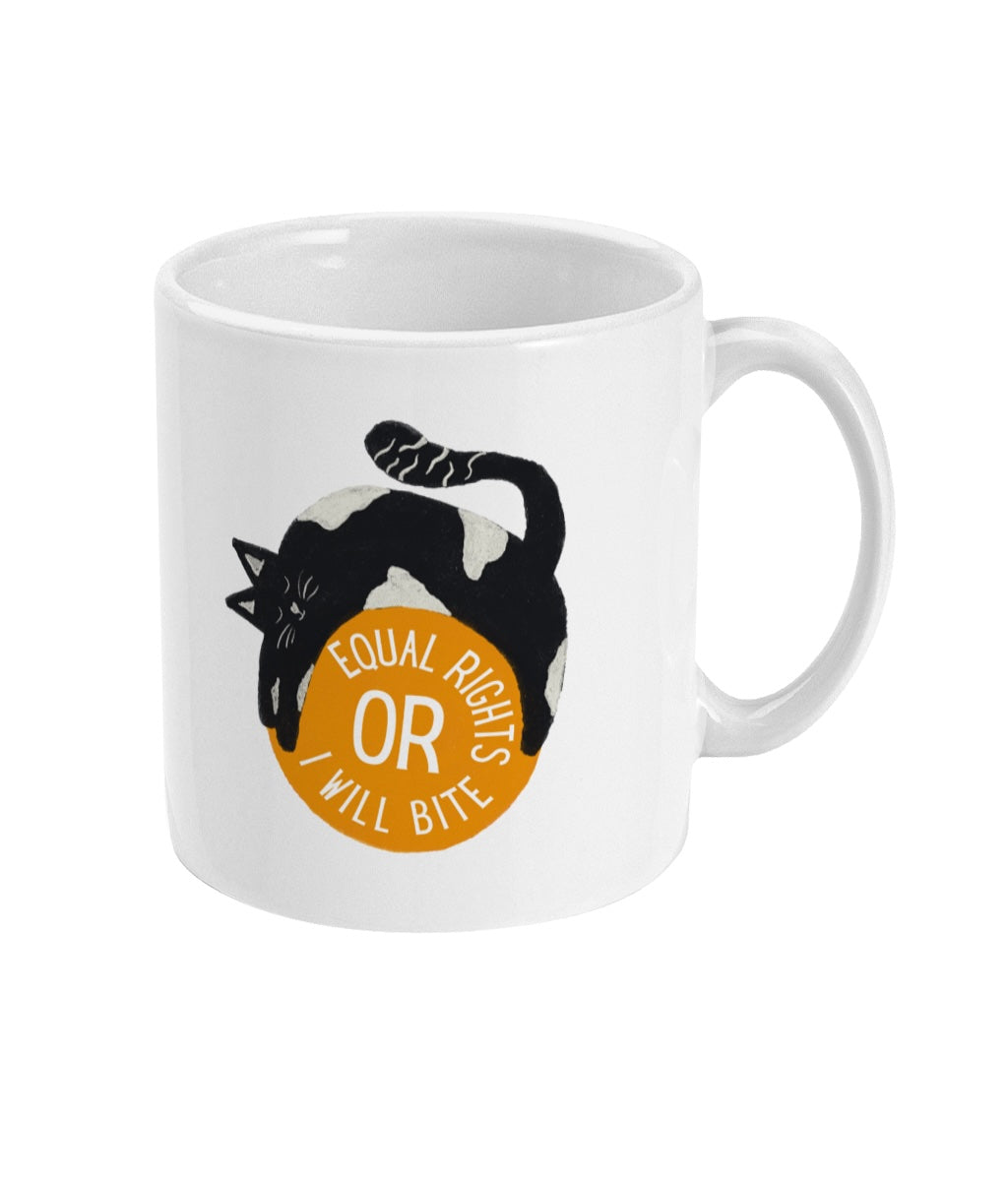
0 comments